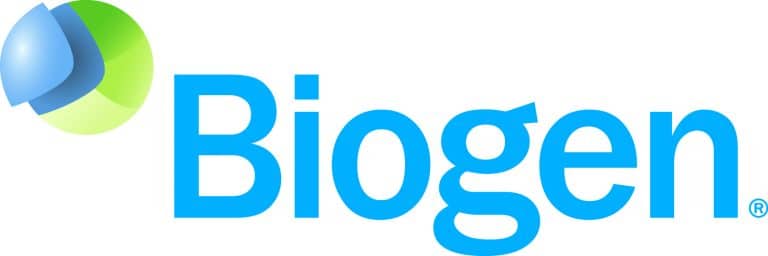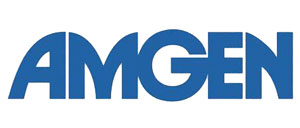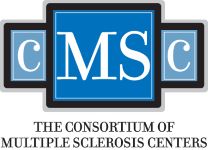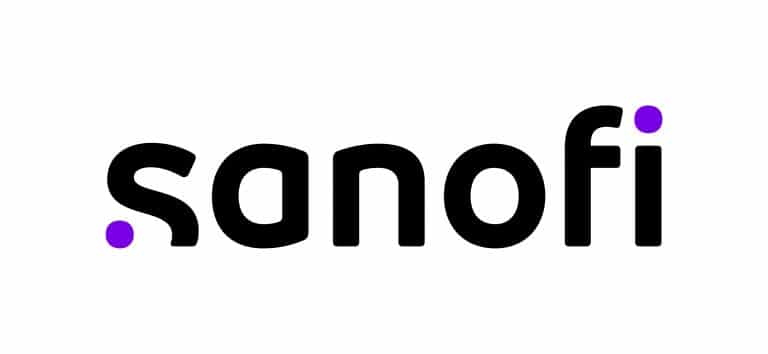THE FOUNDATION OF THE CMSC BUILDS THE MS WORKFORCE OF THE FUTURE!
- Create a prepared MS professional workforce.
- Provide additional research opportunities.
- Fund scholarships and fellowships to encourage the next generation of medical students and other advanced health care professionals to pursue MS as a specialty in clinical care and research.
It is currently estimated that nearly 1 million Americans and over 2.8 million people worldwide are living with MS. In order for MS patients to continue receiving the best care for generations to come, it is imperative that the workforce of MS healthcare professionals be large enough to meet the growing demands.
The CMSC has focused on aggressively recruiting and training the community of dedicated specialists in the field. Our goal is to encourage medical students and other healthcare professionals to choose MS as an initial focus of study or to pursue more advanced and specialized training as part of their studies. Recipients are able to apply new skills and share knowledge with colleagues within their academic institution and practice settings.
By increasing the number of well-trained healthcare professionals in MS, and ensuring that they are well-trained and well-prepared, we can continue to deliver the finest care, improve the quality of life for patients and families living with MS, and ultimately find a cure. For the CMSC to continue providing comprehensive care and specialized services to MS patients, it is paramount that the community of MS professionals has access to specialized training.
Medical Student Research Scholarship
FCMSC Research Scholarships afford medical students the opportunity to conduct a mentored MS research project at a CMSC member institution. These projects are designed to give students exposure to MS research and clinical care, encouraging an understanding and interest in a potential career path in multiple sclerosis. The Research Scholar Program has been expanded to allow medical students the opportunity to conduct research projects year-round.
Learn moreMentorship Forum
The Foundation of the Consortium of Multiple Sclerosis Centers (FCMSC) established the MS Mentorship Program to encourage and support medical residents and Fellows as they pursue a fellowship in neurology. We have expanded our outreach to include additional healthcare specialties including research, mental health, rehabilitation and nutrition. The goal is to inform our healthcare professionals about career opportunities in the MS specialty, and to recruit a new generation of MS healthcare experts to meet increased demands of a growing patient population. Mentorship Forum participants enjoy all the activities of the CMSC Annual Meeting.
Learn moreJune Halper MS Nursing Scholarship
This scholarship program awards nurses the opportunity to participate in the Consortium of Multiple Sclerosis Centers Annual Meeting. Participation exposes these nurses to the courses, lectures and networking opportunities available in a career path as a nurse working with the needs of MS patients and their families. Importantly, this program affords the opportunity to network with the leadership of the International Organization of MS Nurses (IOMSN) which convenes during the Annual Meeting. Strong mentorship relationships are often formed during these interactions. Calls for applications are sent out to the approximately 7,000 clinical members of the CMSC. Scholarship recipients are selected by a review committee composed of leaders within the CMSC and the International Organization of MS Nurses (IOMSN).
Learn moreMental Health Mentorship Program
The Mental Health Mentorship Program was established to promote the CMSC’s core value of the need for comprehensive care for people living with MS. The program supports additional training to stimulate excellence and growth in the delivery of mental health care in the field of MS. This training provides health professionals with a special interest or specialty in MS with new information about the unique challenges faced by persons living with MS, screening strategies for recognizing the presence of mental health issues, and best practices for mental health care to maximize outcomes. On-site programs are scheduled at selected CMSC MS Centers in the United States and Canada. All programs are conducted by expert multidisciplinary faculty.
Learn moreSusan E Bennett MS Rehabilitation Therapy Specialty Training Program
This program was established to promote the CMSC’s core value of the need for comprehensive care for people living with MS. The program supports additional training to stimulate excellence and growth in the delivery of rehabilitation in the field of MS. The program offers specialized training for rehabilitation professionals and graduate students in the areas of physical and occupational therapy and speech/language pathology. The rehabilitation program is for professionals and professionals-in-training who want to learn more about rehabilitation in multiple sclerosis. On-site programs are scheduled at selected CMSC MS Centers in the United States and Canada. All programs are conducted by expert multidisciplinary faculty. Additionally, a limited number of post graduate rehab students are invited to attend the Annual Meeting if funding is available.
Learn moreThe Foundation of the CMSC salutes the supporters
of MS Workforce of the Future initiatives for 2025

With your help and support of the Foundation of the CMSC, we can ensure that future generations of people with MS will receive the quality healthcare they need and deserve.
Make a donation to support the FCMSC Workforce of The Future Initiatives











